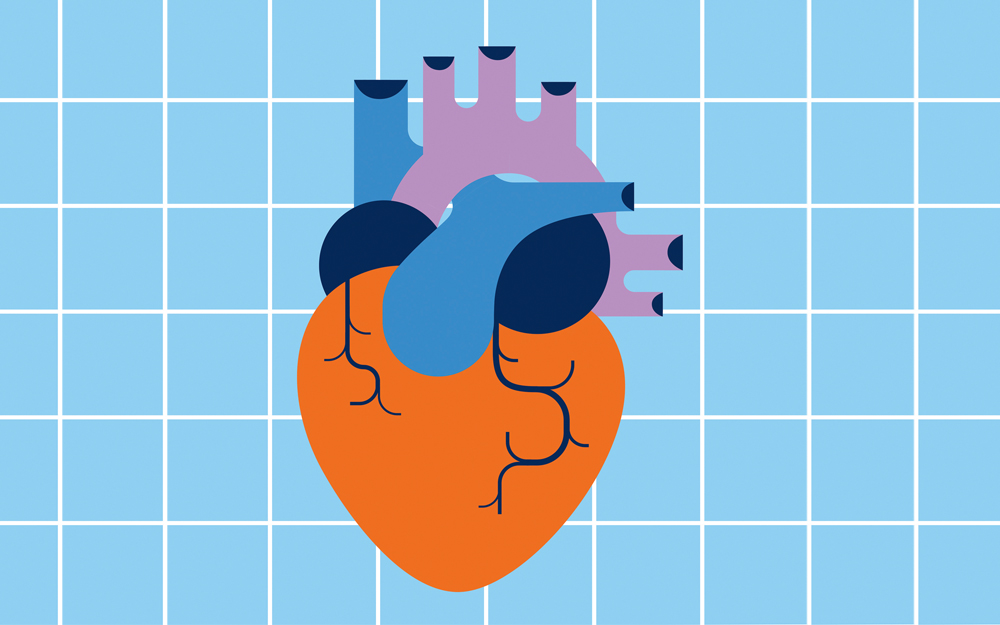Medical providers featured in this article
In Brief
{{cta-block}}
When there's "a need for big changes, people always say, ‘That's really hard to do!' But then they do it," says Nancy Sicotte, MD, chair of the Department of Neurology.
Changes necessary to improve healthcare for women will require rethinking how we train doctors and researchers, adds C. Noel Bairey Merz, MD, director of the Barbra Streisand Women's Heart Center. Among Sicotte and Bairey Merz's goals: Increase the number of women in science and medicine, and better educate all doctors to be aware of sex and gender differences.
Dr. C. Noel Bairey Merz and Dr. Nancy Sicotte aim to increase equity and awareness of gender differences.
On the Importance of Visibility
Sicotte: When my daughter was 7 or 8, she came running home from school one day, burst through the door and said: "Mom! Guess what! Men can be doctors, too!" I just laughed. It was such a revelation to her. So at least the younger generations understand. Now she's finishing up her first year of medical school. These changes don't have to take long.
We see versions of this all the time. We noticed a female bias among folks applying to our residency program here. Turns out the most influential factor for someone picking a residency is the program director. Women are more likely to want to train in programs with a woman director. That really made me step back and consider how I'm a role model for both men and women.
If They Teach to the Test, Change the Test
Bairey Merz: If you want doctors to understand sex differences, you have to put it on the medical board test. Then it gets into the curriculum. A coalition did some work on this almost 20 years ago in cardiology and other disciplines, starting with the board exams that physicians must take to be licensed. I was eventually asked to serve on a question-writing committee.
Sicotte: So that is the quickest, easiest way to inculcate medical students with new information. Get it on the test. But you have to have a seat at the table when the tests are being made. I don't think sexism and racism occur necessarily because people have bad intent. It's often because it doesn't represent their experience. That's the power of diversity.
The Building Blocks of Precision Medicine
Bairey Merz: We talk about genomics, proteomics, artificial intelligence, machine learning—but what if we just started with when the patient walks through the door. Are they male or female?
Sicotte: The way I see it, we have two levels at work here. There's the implicit level, just having female role models and physicians on the ground who are going to be addressing gender differences in many ways, like clinical presentations and managing illnesses. Then the explicit level, and that's the curriculum, where we still have work to do. We have to inspire this next group of trainees to ask these most fundamental questions if we're going to move toward medicine that's truly targeted toward individuals.
Bairey Merz: It's just sharpening the sword. We keep working at it.
{{column-start}}
READ MORE STORIES IN THIS SPECIAL REPORT
{{column-end}}
READ MORE STORIES IN THIS SPECIAL REPORT
Everybody HurtsMisconceptionsThe Age GapProgress, Molecule by MoleculeMenopause MattersThe Unfair Sex






